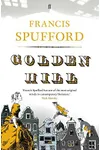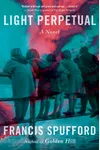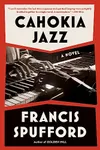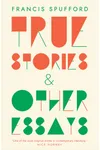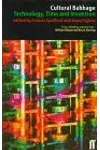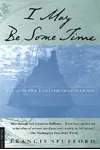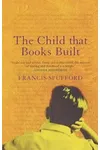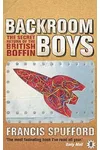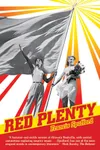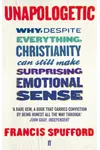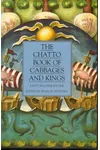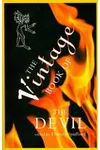Picture an English storyteller who weaves history, faith, and imagination into unforgettable tales—meet Francis Spufford! Born in 1964, this versatile author has charmed readers with his seamless blend of non-fiction and fiction, transitioning from award-winning historical works to novels like the dazzling Golden Hill. With a knack for making the past feel alive, Spufford’s stories are as vibrant as a bustling 18th-century street.
A Fellow of the Royal Society of Literature and a professor at Goldsmiths College, Spufford’s journey from academic roots to literary stardom is as compelling as his prose. Whether exploring Soviet dreams or colonial New York, his work invites you to see the world through a fresh, curious lens.
The Making of Francis Spufford
Born to historians Margaret and Peter Spufford, Francis grew up steeped in the past, with books as his playground. A childhood shadowed by his sister’s illness fueled his love for stories, offering escape and meaning. After earning an English degree from Cambridge in 1985, he dove into publishing, serving as a reader for Chatto & Windus. His early career was marked by eclectic non-fiction, blending history, science, and culture with a storyteller’s flair.
Spufford’s shift to fiction began with Red Plenty, a genre-bending exploration of Soviet optimism, paving the way for his novelistic triumphs. His Christian faith, shared with his wife, Reverend Jessica Martin, also shapes his work, adding depth to his reflections on human experience.
Francis Spufford’s Unforgettable Stories
Spufford’s writing is a tapestry of vivid detail and emotional truth, whether he’s dissecting polar exploration or crafting noir mysteries. His non-fiction, like I May Be Some Time, a cultural history of British polar obsession, won the Writers’ Guild Award for its lyrical insight. The Child That Books Built is a heartfelt memoir of reading as refuge, resonating with book lovers everywhere.
His fiction shines in Golden Hill, a rollicking 18th-century New York tale that snagged the Costa First Novel Award and Desmond Elliott Prize. Light Perpetual, longlisted for the Booker Prize, imagines the lives of five children spared a wartime tragedy, capturing the beauty of ordinary lives. Cahokia Jazz, a 2023 noir set in an alternate Native American metropolis, pulses with clarinet solos and intrigue, showcasing Spufford’s genre-defying range.
Spufford’s style—witty, immersive, and unafraid of big ideas—brings history to life. His novels blend meticulous research with playful prose, making the past feel urgent and human. From Soviet economists to jazz-age detectives, his characters grapple with hope, loss, and redemption.
Why Francis Spufford Matters
Spufford’s impact lies in his ability to bridge genres, making history and faith accessible through storytelling. His non-fiction redefines nerdy topics—polar ice, Soviet economics—as gripping narratives, while his novels challenge historical fiction’s clichés, offering gritty, lived-in worlds. As a teacher, he inspires new writers to find their voice, and his Christian apologetics, like Unapologetic, spark dialogue across divides.
Readers and critics, including TV host Richard Osman, praise Spufford’s warmth and wit, cementing his place in contemporary literature. His work reminds us that every life, real or imagined, holds extraordinary stories waiting to be told.
- Born: 1964, England
- Key Works: I May Be Some Time, Golden Hill, Light Perpetual, Cahokia Jazz
- Awards: Costa First Novel Award, Desmond Elliott Prize, Writers’ Guild Award
- Fun Fact: He wrote an unauthorized Narnia novel, The Stone Table, shared only with friends!
Snag Golden Hill and dive into Francis Spufford’s vibrant, history-soaked world—your bookshelf will thank you!
